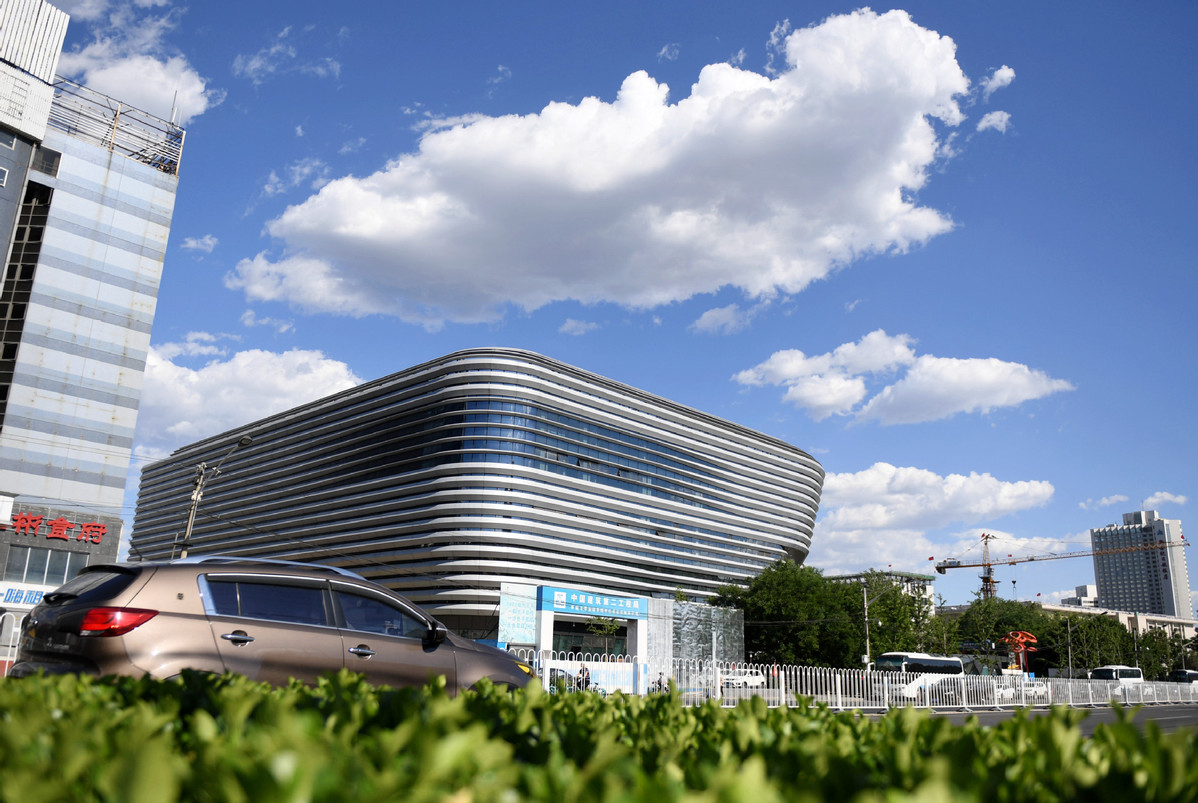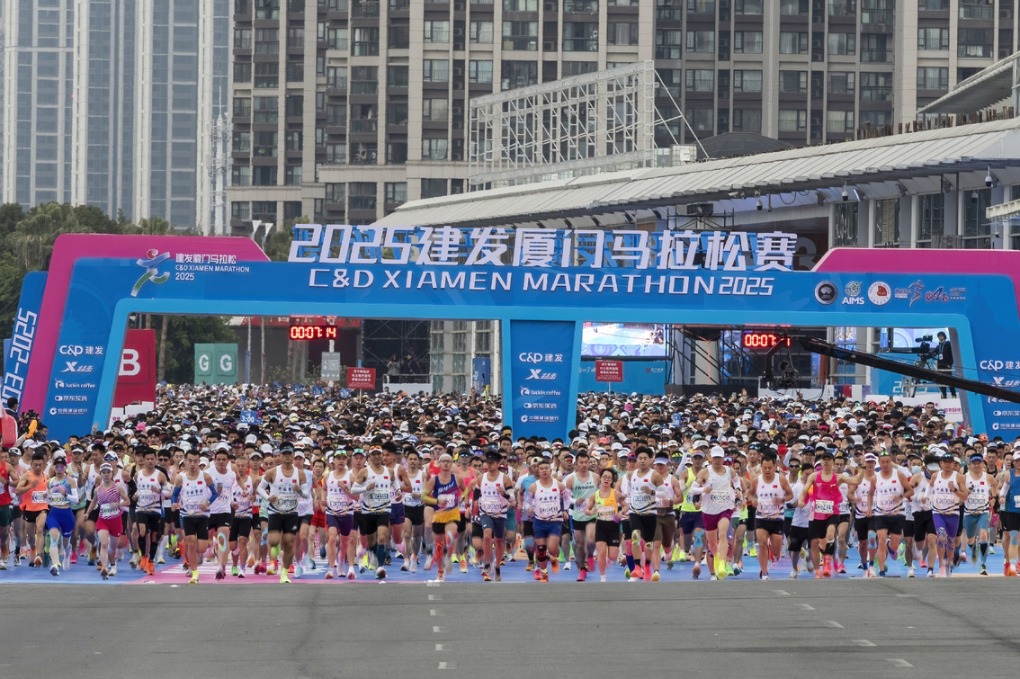Beijing's preparations in perfect health


IOC impressed as key preparation milestones met for 2022 Games during 'incredibly difficult' pandemic period
The International Olympic Committee has heaped praise on Beijing's success this year in meeting key preparation milestones for the 2022 Winter Games despite difficulties presented by the COVID-19 pandemic.
Having been unable to visit Beijing since the outbreak first took hold, the IOC's Coordination Commission for the 2022 Games concluded its fifth meeting with local organizers via video conference on Tuesday satisfied and convinced that the preparatory work for the winter sports extravaganza in China hasn't been compromised by the ongoing pandemic.
"China has faced an incredibly difficult period over the past few months-our thoughts are with all those impacted," Juan Antonio Samaranch, an IOC vice-president and chair of the CoCom, said after the meeting.
"Despite unique circumstances, Beijing 2022 has continued to meet key milestones, a true testament to its determination to provide the perfect stage for the world's top winter athletes in just under two years' time."
The video conference included Chinese organizers, executives from the IOC and its Paralympic counterparts, as well as representatives of international winter sports governing bodies. During the call, Beijing 2022 executive vice-president Zhang Jiandong briefed the group on venue construction, sustainability, Games legacy, volunteer recruitment and sponsorship, among other updates.
Zhang reiterated that preparatory work for the Games in downtown Beijing, the capital's northwest Yanqing district and co-host Zhangjiakou in Hebei province has returned to full capacity and without suffering any major delays due to the virus outbreak.
"Despite the COVID-19 crisis, we have been delivering a continuous effort without lowering standards," said Zhang, a vice-mayor of Beijing.
Following a short break during the Spring Festival, organizers resumed venue construction and refurbishment under vigilant virus prevention measures as early as February, laying a solid foundation for all 2022 competition venues, newly built or renovated, to be ready by the end of this year.
Important international meetings, such as the IOC Broadcasters Meeting and a Partnership Workshop, were held via video conference as opposed to the traditional offline assemblies.
The past few months have witnessed a number of important preparatory milestones, such as the release of the official Beijing 2022 Sustainability Plan and the launch of a global competition for the official 2022 medal, torch and apparel designs.
Another recent highlight has been the completion of a new indoor ice sports training center, dubbed the "Ice Jar", on May 27. The venue, which took three years to construct, provides a training venue for short-track speed skating and figure skating as an accompaniment to the Capital Gymnasium, where those two sports will be staged during the Games.
The Ice Jar, which boasts two rinks and an eco-friendly refrigeration system to make and maintain ice surfaces, will be used as a national team training base but will be open to the public after the Games, according to venue operators.
Facilities such as the Ice Jar and the newly built National Speed Skating Oval in the north of downtown Beijing will boost China's aim of involving 300 million people in winter sports exercise beyond 2022, said organizers.
"Not only have we seen important progress with its venues, its effort to engage millions of people in winter sports is heartening," said Samaranch.
With the pandemic continuing to take a toll on sports worldwide, Beijing 2022 organizers and the IOC stressed that it will take stronger teamwork between the two parties as well as support from international federations to pull through the challenge.
The pandemic-enforced production shutdown of some suppliers and limitations on international travel have been among the most pressing issues to be sorted out, Zhang reckoned.
"The manufacturers of the equipment we bought for venue construction are mainly located in hard-hit countries and regions, so the manufacture, transportation and importation of these items were all affected," Zhang said.
"Some foreign experts and technical personnel for the installation and commissioning of facilities and venue homologation face difficulties coming to the site at the moment.
"We will try to figure these out on a case-by-case basis and ensure all venue construction projects will be finished by the end of this year and geared up for test events."
An assessment of how the postponed Tokyo 2020 Summer Games might affect the 2022 Winter Olympics was also discussed during the CoCom meeting. Tokyo's rescheduling to the summer of 2021 means its Games will be staged six months before Beijing 2022.
IOC president Thomas Bach has previously commented that the close proximity of the events could be beneficial as it "will keep and even raise the awareness of the world for the Olympic Games at a very high level".
Despite the unprecedented scheduling of two Games so close together and concerns that they could diminish attention from each other, all parties have pledged to capitalize on the schedule with a "Peak to Peak" approach, from Tokyo to Beijing, according to the IOC.
Most Popular
- Pistons tame Wolves despite Edwards' heroics
- City shows a bit more Pep with successive wins
- Arteta aghast at Brighton penalty as Gunners misfire
- A marathon year for Belgian amateur
- As life without Butler begins, Heat fails to ignite
- Gauff, Fritz lead US to United Cup tennis title






























